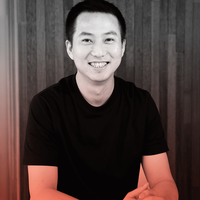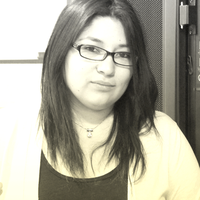Software
Hera Hussain
Her tech nonprofit makes it easy for women to build a domestic-abuse case without a lawyer.

Global
Ji Xu
He helped build a payment system that lets anyone with an internet connection use financial services.

Europe
María García-Puyol
Emergency services can immediately receive the accurate location of a caller, ensuring confidentiality of information

Asia Pacific
Jiashi Feng
Enable computers to grow learning ability with dynamic neural networks.

Global
Barbarita Lara
An earthquake led her to invent a blend of analog and digital technologies for use when networks are down.
